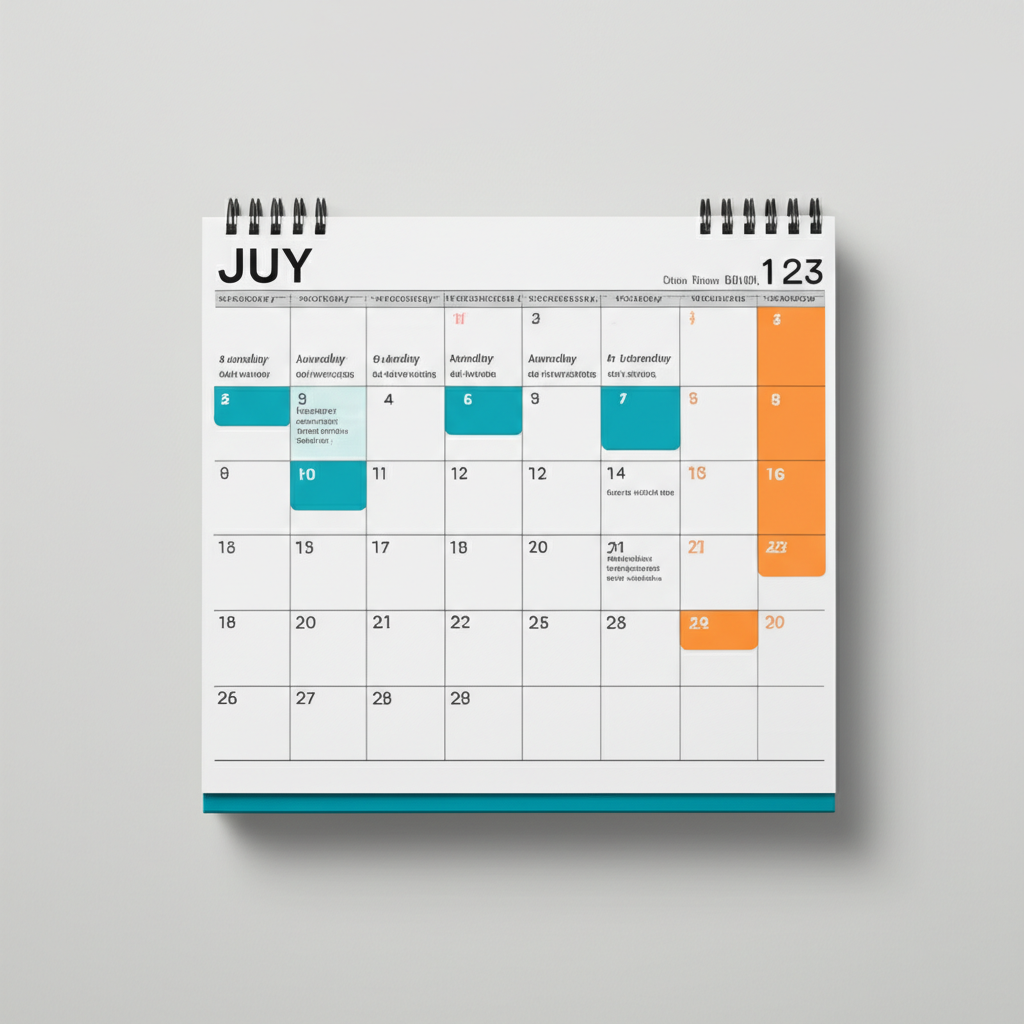How to Stay Motivated During a Study Marathon
Motivation isn't a magic spark; it's a system you build. Learn practical strategies to maintain your drive during long-term exam preparation.
James Wilson
Life Coach
2 min read

Motivation is a Result, Not a Prerequisite
The biggest myth about motivation is that you need to feel motivated to start. The truth is, action creates motivation. The feeling of accomplishment from a small task is what fuels you to tackle the next one.
Build a Motivation System
* **S**pecific: "I will complete 20 calculus problems" (not "I will study math").
* **M**easurable: 20 problems is a clear target.
* **A**chievable: Is 20 problems realistic for one session? Adjust if needed.
* **R**elevant: These problems are part of the exam syllabus.
* **T**ime-bound: "I will complete them in the next 2 hours."
Motivation isn't about waiting for inspiration. It's about building a disciplined, compassionate, and strategic system that keeps you moving forward, one small step at a time.
About James Wilson
Life Coach
James Wilson is a dedicated educator and researcher focused on helping students achieve academic excellence through evidence-based learning strategies.


